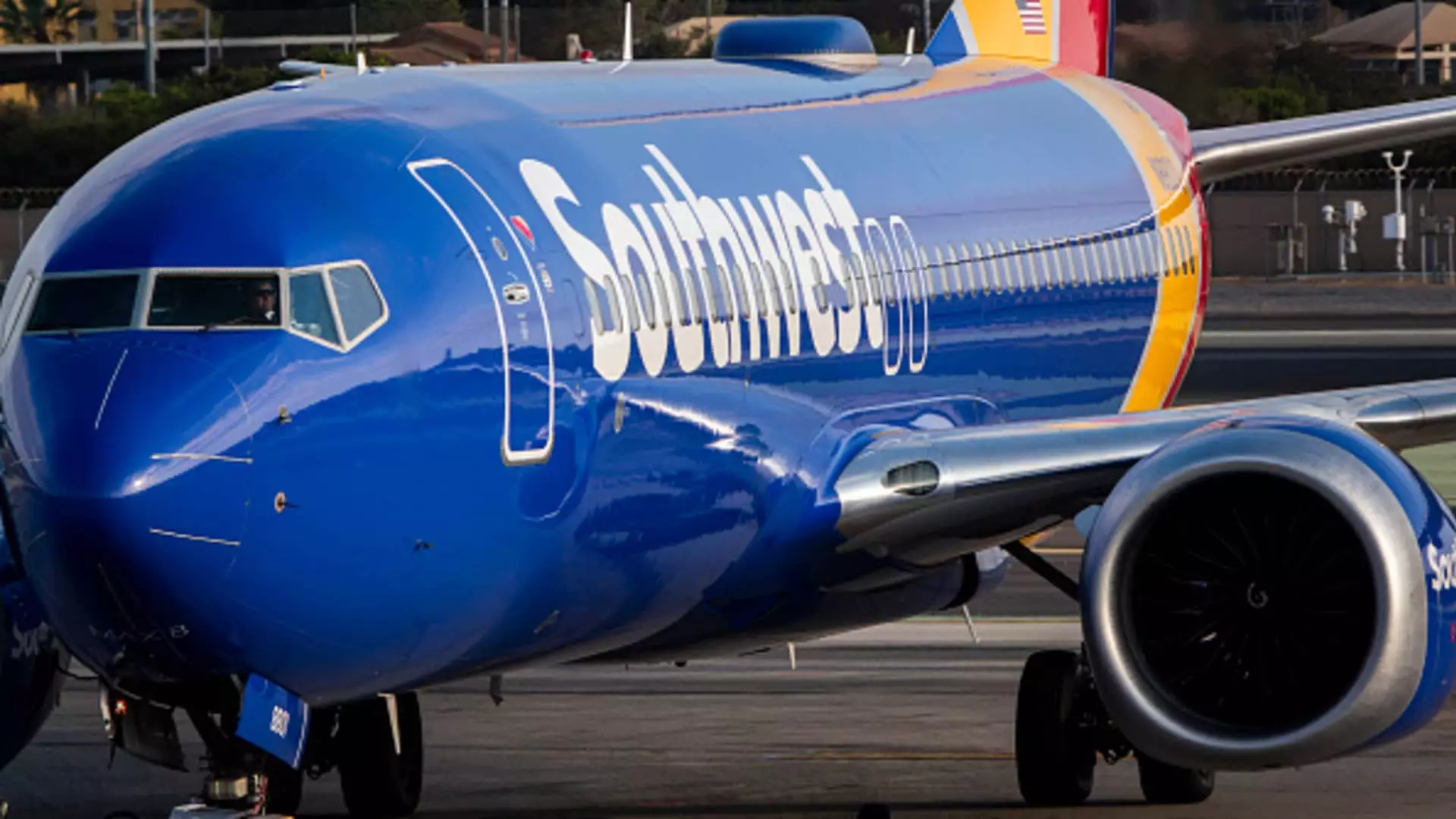In a decision that ripples through the airline industry, Southwest Airlines has recently declared it will implement baggage fees for checked luggage, a drastic departure from its long-standing policy of allowing two free checked bags. Once regarded as an emblem of customer-friendly practices, this shift marks a significant pivot for Southwest Airlines, a carrier previously known for prioritizing passenger comfort over ancillary revenue streams. By introducing these fees, Southwest is not only seducing incremental revenue but also exposing itself to potential backlash from a customer base that has long appreciated its unwavering commitment to no-hidden-cost travel.
This bold move raises numerous questions about the balance between profit and customer loyalty, especially when considering that Southwest’s ethos has set it apart from its more profit-driven competitors. For decades, the airline’s mantra of “two bags fly free” has been a cornerstone of its brand identity. The decision to charge for checked baggage, estimated to impact the airline’s market share significantly, seems to contradict the promises made to loyal travelers who have supported Southwest’s unique model.
Market Pressures and the Push for Change
The airline industry has always been susceptible to fluctuations in fuel prices, market competition, and changing consumer preferences. Southwest’s recent shift is partially prompted by financial pressures from activist investors like Elliott Investment Management, which acquired a stake in the airline last year and advocated for a re-evaluation of its business model. This kind of investor involvement often encourages companies to streamline operations and optimize revenue, sometimes at the expense of customer-centric policies.
As larger airlines like Delta, United, and American successfully capitalize on ancillary fees, Southwest had to confront the reality that its free-bag policy could no longer be a hedge against the aggressive revenue channels its competitors have forged. Unfortunately, it appears that in the race for yield, customer comfort has taken a back seat. What can be perceived as a strategic gamble to increase revenue via baggage fees may ultimately prove to be detrimental if customers decide that the service no longer aligns with their expectations of value.
Restrictions and Limitations Unveiled
The new baggage fees, which will apply to all ticket categories except for the higher-tier Business Select tickets, reveal more than just financial strategies; they reflect a broader trend of restriction introduced across various airlines. Customers choosing cheaper tickets through Southwest will face limitations as new policies emerge, including non-refundable basic economy fares. These fares strip further flexibility away from travelers who may need to make changes or adjustments to their travel plans.
Moreover, the penalties associated with unused flight credits, now set to expire within six months, reflect a growing trend within the airline industry—tightening customer ties to bookings while maximizing the airlines’ bottom line. The transparent approach, however, which leaves customers aware of fees alongside their ticket prices, will likely foster dissatisfaction among travelers who prefer a clear-cut and straightforward pricing model.
What Lies Ahead for Southwest Airlines?
As Southwest Airlines embarks on this new chapter, the full implications of these changes remain to be seen. There is considerable risk involved in alienating a loyal customer base that has come to expect the unadulterated fare experience Southwest has been proud to provide. The previous appeal of “two bags fly free” now seems at odds with the need to remain financially competitive.
Additionally, the move toward a single-class cabin and the offer of extra-legroom seats hints at a branding reassessment, exposing Southwest Airlines’ ambition to mimic more traditional airline offerings while grappling with the potential fallout of such a strategy. Passengers seeking the warmth of familiar comfort may no longer see Southwest’s value proposition as attractive as it once was.
Only time will reveal whether the gamble of implementing bag fees pays off or if it becomes a cautionary tale illustrating the risks of compromising long-held customer values for short-term profitability. In an industry characterized by rapid change, travelers will likely be evaluating not just price, but the overall experience and value—factors that can define loyalty and determine the future success of an airline like Southwest.


Leave a Reply